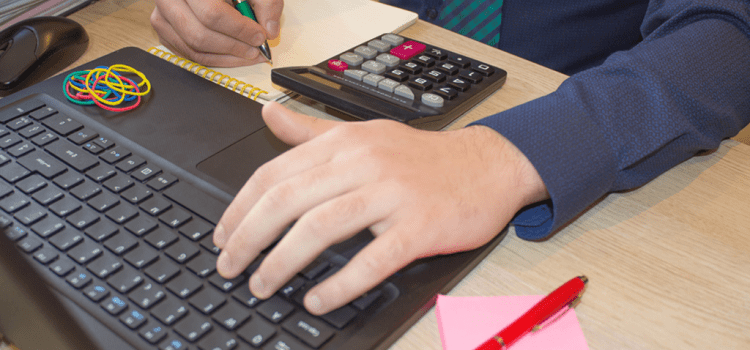You may have heard a lot about claiming expenses and have a few questions. We’ve put together a small guide to help you learn more about the process of claiming expenses and how it can help you save money in your business.
Tracking all your spending and finding little receipts here and there might not seem remotely fun. It’s not but you can also end up saving yourself a ton of money, which is a bit more fun.
How does it work?
You pay a percentage of tax based on the profits you make. So in an ideal world, this figure will be as small as possible to keep your tax bill down.
We’re not talking dodgy tax evasion schemes or offshore accounts, we’re talking about legitimate ways to reduce your tax bill that every business uses.
Any part of your “profits” that you spend on business expenses like stationery, software or office running costs isn’t technically profit.
It’s an expense. Therefore these expenses must be deducted from your profits in order to make sure you’re not overpaying your tax.
What can you claim as an expense?
You may be rubbing your hands together thinking of all the money you could save in your tax bill now. Slow down. There are some restrictions on what you can claim for. Any fraudulent claims can end up with a hefty fine from HMRC so it’s not worth the risk.
Some people will try to claim for everything and anything they can from chocolate to holidays to new cars. Now, if those things are directly related to your business and you need it to keep running, then that’s fine.
However, for any expenses, particularly the unusual ones, prepare to submit evidence if HMRC ever decide to investigate you.
Examples of expenses you can claim for include:
- Travel costs related to business (to and from work doesn’t count)
- Office supplies, stationery and equipment
- Software
- Accounting services
For a full list of things you can claim, you can take a look at the government’s list here.
If you work from a home office, you may have heard that you’ll be able to claim for some of your household bills. This is true but it has to be reasonable. For example, if you have five rooms and you use one solely for business, you can claim for 20% of your bills. If you work five days out of seven, you could claim for those five days.
It’ll depend on your individual circumstances so it’s always worth talking to an accountant who can advise you on how best to approach it.
Keep track of expenses
The thought of having to keep track of every little expense may fill you with dread. You wouldn’t be alone.
The best way to do this is to get a cloud-based bookkeeping software which you can use to update and add expenses on the move.
Have you got any expense-related queries? Please leave a comment below.







